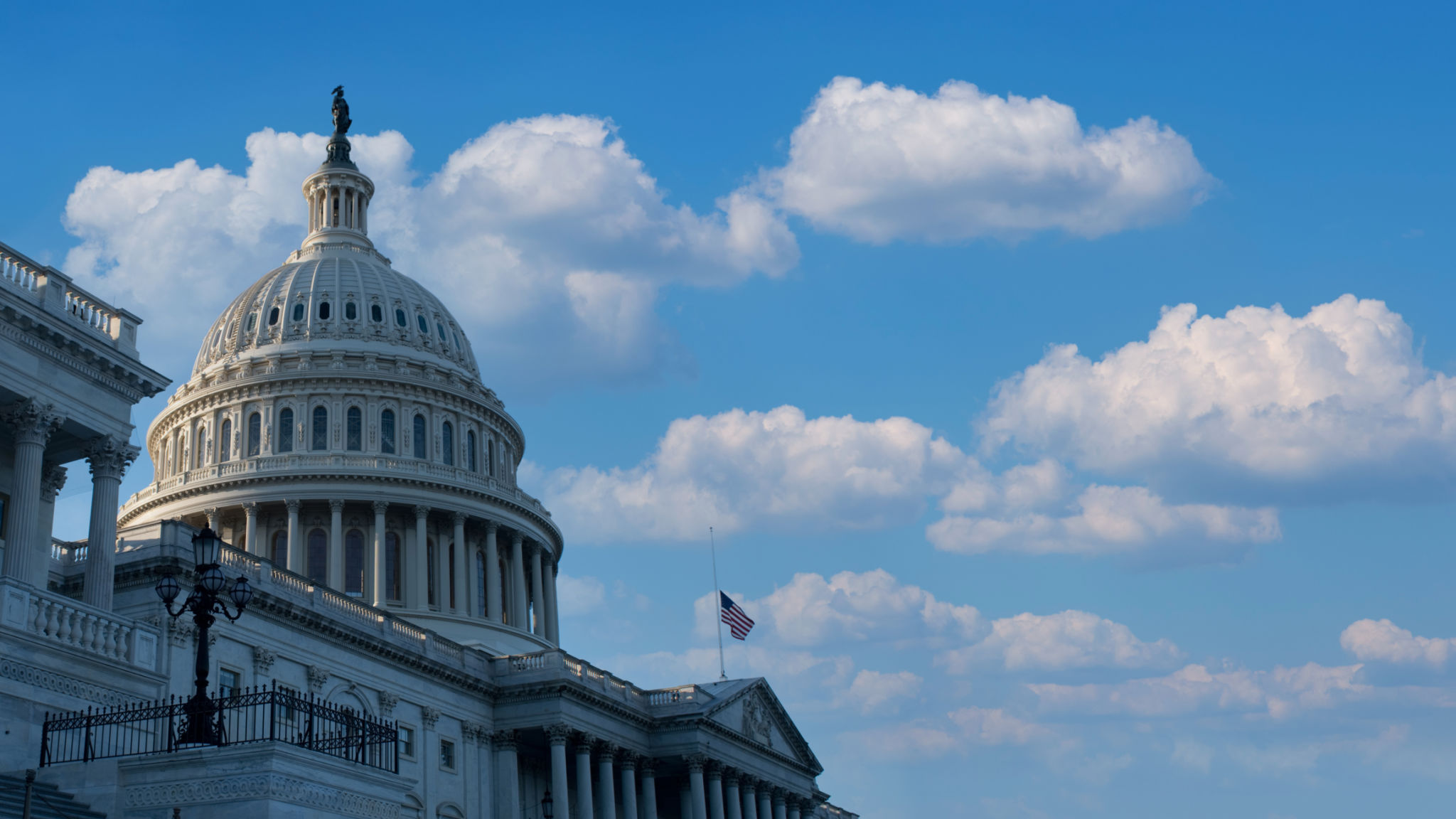Innovative Solutions for Sustainable Fishing in Ghana
Understanding the Importance of Sustainable Fishing
Ghana's rich marine resources play a crucial role in the country's economy and food security. However, overfishing and unsustainable practices have put immense pressure on these resources, threatening the livelihoods of many communities that depend on fishing. Embracing sustainable fishing methods is vital to preserving marine biodiversity and ensuring long-term ecological balance.
With an increasing global focus on sustainable practices, Ghana has seen a surge in innovative solutions designed to promote responsible fishing. These innovations aim not only to protect the environment but also to enhance the economic well-being of local fishing communities.

Technological Advancements in Fishing Practices
Technology has become a key ally in the quest for sustainable fishing. One significant advancement is the use of satellite technology to monitor fish stocks and fishing activities. By providing real-time data, satellites help ensure that fishing is conducted within legal and sustainable limits, preventing overfishing and illegal practices.
Additionally, mobile applications have been developed to assist fishermen with navigation, weather forecasts, and market prices. These apps empower fishermen by providing them with crucial information that aids in planning their trips efficiently and safely.
Community-Based Approaches
Community involvement is central to sustainable fishing in Ghana. Local cooperatives and associations are increasingly taking charge of managing their resources. By setting up community monitoring systems, these groups can ensure that fishing activities are controlled and sustainable practices are followed.

Education plays a significant role in these community efforts. Workshops and training sessions are organized to teach fishermen about sustainable techniques and the importance of maintaining healthy fish populations. This grassroots approach fosters a sense of ownership and responsibility among local communities.
Government Policies and Regulations
The Ghanaian government has implemented several policies to promote sustainable fishing. These include the enforcement of closed seasons to allow fish stocks to replenish and the establishment of marine protected areas. Such regulations are crucial for maintaining ecological balance and ensuring the long-term viability of the fishing industry.
Collaboration between government agencies, NGOs, and local communities is essential for the success of these initiatives. By working together, stakeholders can develop comprehensive strategies that address the unique challenges faced by the fishing sector in Ghana.

Innovative Gear and Techniques
Another area where innovation is making a difference is in the development of eco-friendly fishing gear. Traditional fishing nets often lead to bycatch, capturing unintended species that can harm marine ecosystems. New gear designs aim to minimize bycatch and reduce environmental impact.
Moreover, techniques such as line fishing and fish aggregating devices (FADs) are being promoted as sustainable alternatives. These methods target specific fish species and reduce the likelihood of depleting non-target populations.
The Role of International Collaboration
International partnerships are playing a significant role in advancing sustainable fishing in Ghana. Collaborations with international organizations provide access to technical expertise, funding, and innovative technologies that can be adapted to local contexts.
By sharing knowledge and resources, these partnerships help build capacity within Ghana's fishing communities, enabling them to adopt sustainable practices more effectively and efficiently.
The Path Forward
Sustainable fishing in Ghana is an ongoing journey that requires continuous innovation and adaptation. While significant strides have been made, ongoing efforts are necessary to ensure the preservation of marine resources for future generations.
By embracing technology, fostering community engagement, enforcing effective policies, and seeking international collaboration, Ghana can pave the way for a more sustainable and prosperous fishing industry.